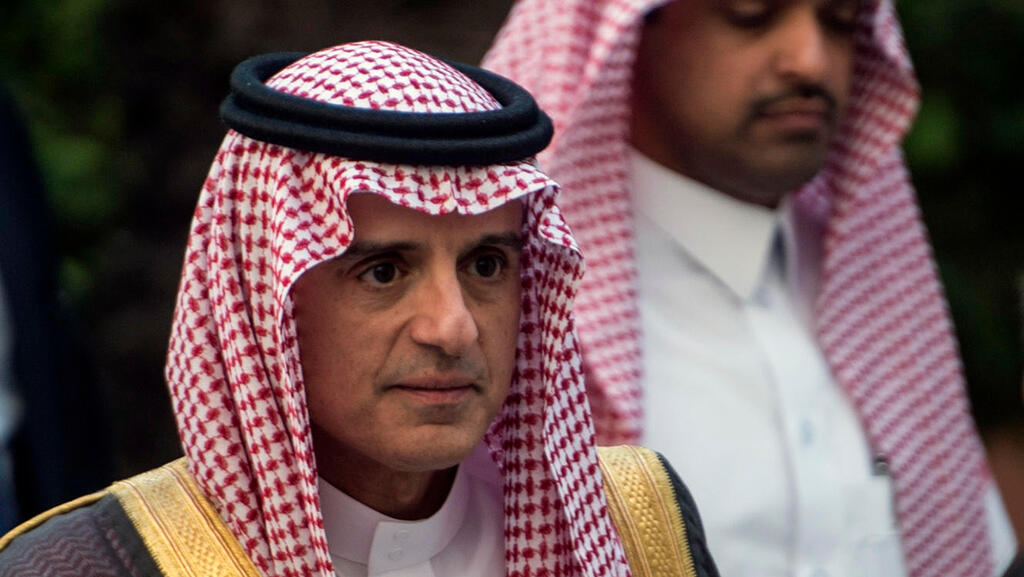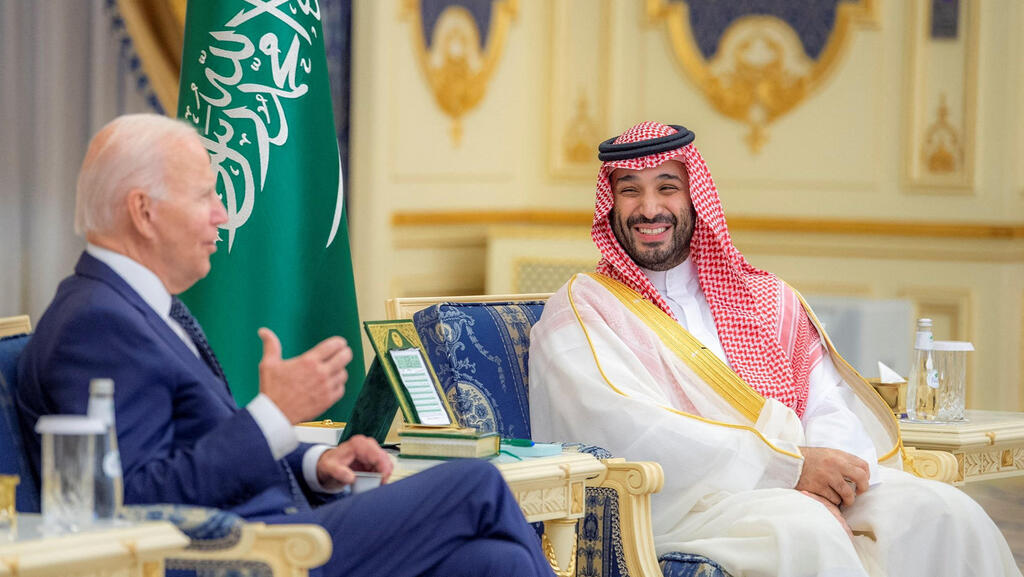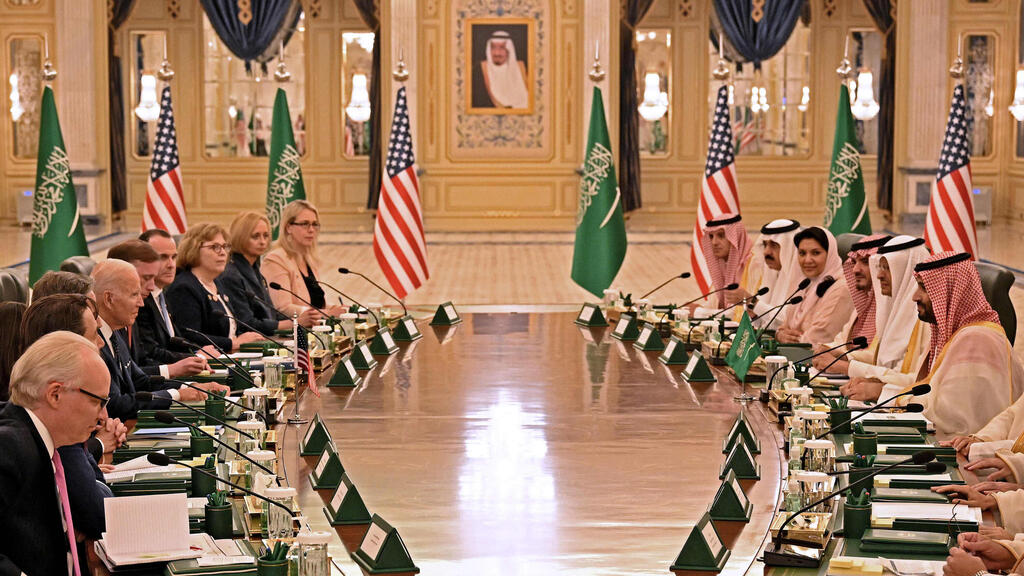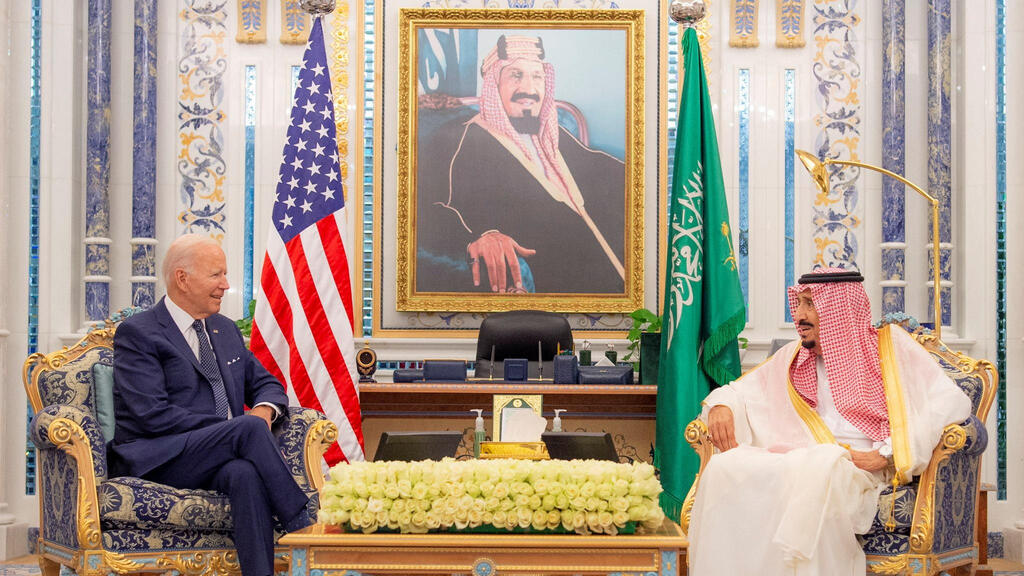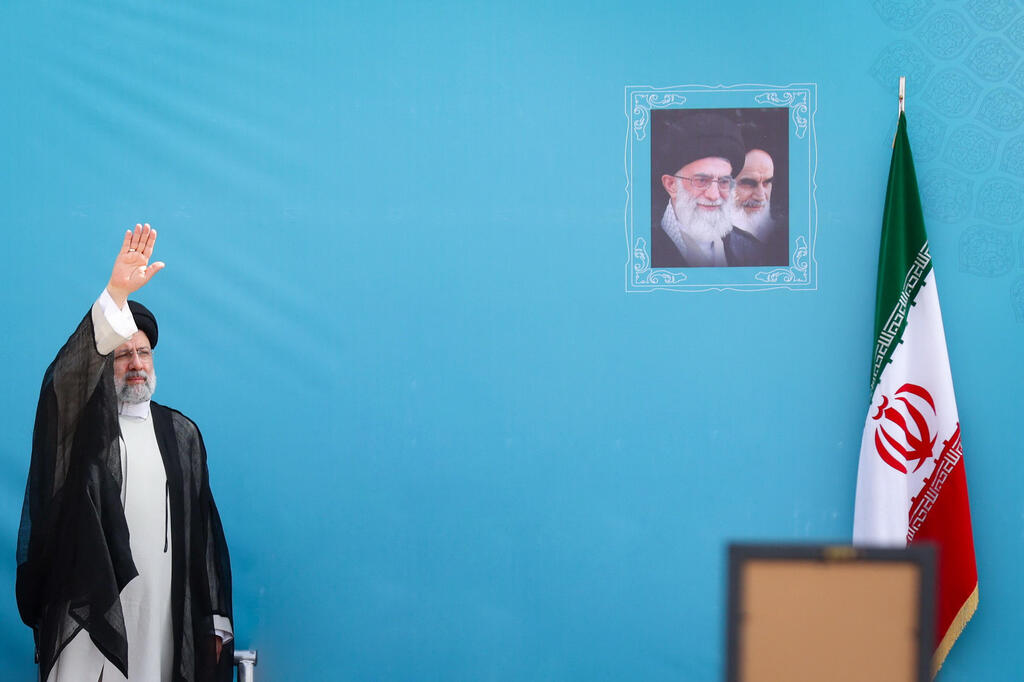Saudi Arabia will not fully normalize relations with Israel until a two-state solution with the Palestinian population is reached, Saudi Foreign Minister Adel al-Jubeir said in an interview with CNN news on Saturday.
"We have said that Saudi Arabia supports the Arab Peace Initiative. In fact, we offered it. We have made it clear that peace comes at the end of this process, not at the beginning of it."
"We have also said that the countries that signed the Abrahamic Accords with Israel, those are sovereign decisions made by those countries. We hope that those decisions will have a positive impact on Israeli domestic efforts," al-Jubeir said.
Asked if Saudi Arabia was prepared to join the Abraham Accords, Jubeir said that the kingdom has made it clear that "we need to have a process, and this process needs to include the implementation of the Arab Peace Initiative."
"Once we have committed to a two-state settlement with a Palestinian state in the occupied territories with east Jerusalem as its capital, that's our requirement for peace."
Meanwhile, U.S. President Joe Biden will discuss regional missile and defense capabilities on Saturday when he meets Arab leaders in Saudi Arabia, where he will be seeking to integrate Israel as part of a new axis largely driven by shared concerns over Iran, said a senior administration official.
"We believe there's great value in including as many of the capabilities in this region as possible and certainly Israel has significant air and missile defense capabilities, as they need to. But we're having these discussion bilaterally with these nations," the administration official told reporters.
Biden, on his first Middle East trip as president, has focused on the planned summit with six Gulf states and Egypt, Jordan and Iraq while downplaying meeting with Saudi Crown Prince Mohammed bin Salman. That encounter has drawn criticism in the United States over human rights abuses.
Biden had promised to make Saudi Arabia a "pariah" on the global stage over the 2018 murder of journalist Jamal Khashoggi by Saudi agents but ultimately decided U.S. interests dictated a recalibration, not a rupture, in relations with the world's top oil exporter and Arab powerhouse.
The U.S. leader said he had raised the Khashoggi killing at the top of his meeting with the Saudi crown prince on Friday and that to be silent on the issue of human rights is "inconsistent with who we are and who I am".
Saudi-owned Al Arabiya television, citing a Saudi official, said the crown prince told Biden that if the United States only dealt with countries who share its values 100% then it would only have NATO countries to work with.
Biden needs the help of OPEC giant Saudi Arabia at a time of high crude prices and other problems related to the Russia-Ukraine conflict and as he encourages efforts to end the Yemen war, where a temporary truce is in place. Washington also wants to curb Iran's sway in the region and China's global influence.
The administration official said the United States is hopeful it will see an OPEC production boost in the coming weeks. Biden is expected to press other Gulf producers to pump more oil. The OPEC+ alliance, which includes Russia, meets next on Aug. 3.
The U.S. president, who started his trip to the region with a visit to Israel, will hold bilateral talks with leaders of Egypt, the United Arab Emirates and Iraq before taking part in the wider summit where he will "lay out clearly" his vision and strategy for America's engagement in the Middle East, U.S. national security adviser Jake Sullivan said on Friday.
"He's intent on ensuring that there is not a vacuum in the Middle East for China and Russia to fill," Sullivan said.
Another senior administration official said Biden would announce that the United States has committed $1 billion in new near and long term food security assistance for the Middle East and North Africa, and that Gulf states would commit $3 billion over the next two years in projects that align with U.S. partnerships in global infrastructure and investment.
Gulf states, which have refused to side with the West against Russia in the Ukraine conflict, are in turn seeking a concrete commitment from the United States to strategic ties that have been strained over perceived U.S. disengagement from the region.
Iran Concerns
Riyadh and Abu Dhabi have been frustrated by U.S. conditions on arms sales and for being excluded from indirect U.S.-Iran talks aimed at reviving a 2015 nuclear pact that they see as flawed for not tackling regional concerns about Tehran's missile program and behavior.
"The most important demand from the Saudi leadership and other Gulf leaders -- and Arabs in general -- is clarity of U.S. policy and its direction towards the region," said Abdulaziz Sager, chairman of Riyadh-based Gulf Research Center.
Israel, which shares their concerns over Iran, encouraged Biden's trip to the kingdom, hoping it would foster warming between Saudi Arabia and Israel as part of a wider Arab rapprochement after the UAE and Bahrain forged ties with Israel in U.S.-brokered pacts that received Riyadh's blessings.
In a sign of progress under what Biden described as a groundbreaking process, Saudi Arabia said on Friday it would open its airspace to all air carriers, paving the way for more overflights to and from Israel.
Washington and Riyadh also announced the removal of the U.S. and other peacekeepers from Tiran -- an island between Saudi Arabia and Egypt in a strategic position leading to the Israeli port of Eilat. The troops have been stationed as part of accords reached in 1978 and which led to a peace deal between Israel and Egypt.
A plan to connect air defense systems could be a hard sell for Arab states that do not have ties with Israel and balk at being part of an alliance seen as against Iran, which has built a strong network of proxies around the region including in Iraq, Lebanon, and Yemen.
Senior Emirati official Anwar Gargash said on Friday the idea of a so-called Middle East NATO was difficult and that bilateral cooperation was faster and more effective. read more
The UAE, he said, would not back a confrontational approach: "We are open to cooperation, but not cooperation targeting any other country in the region and I specifically mention Iran."


